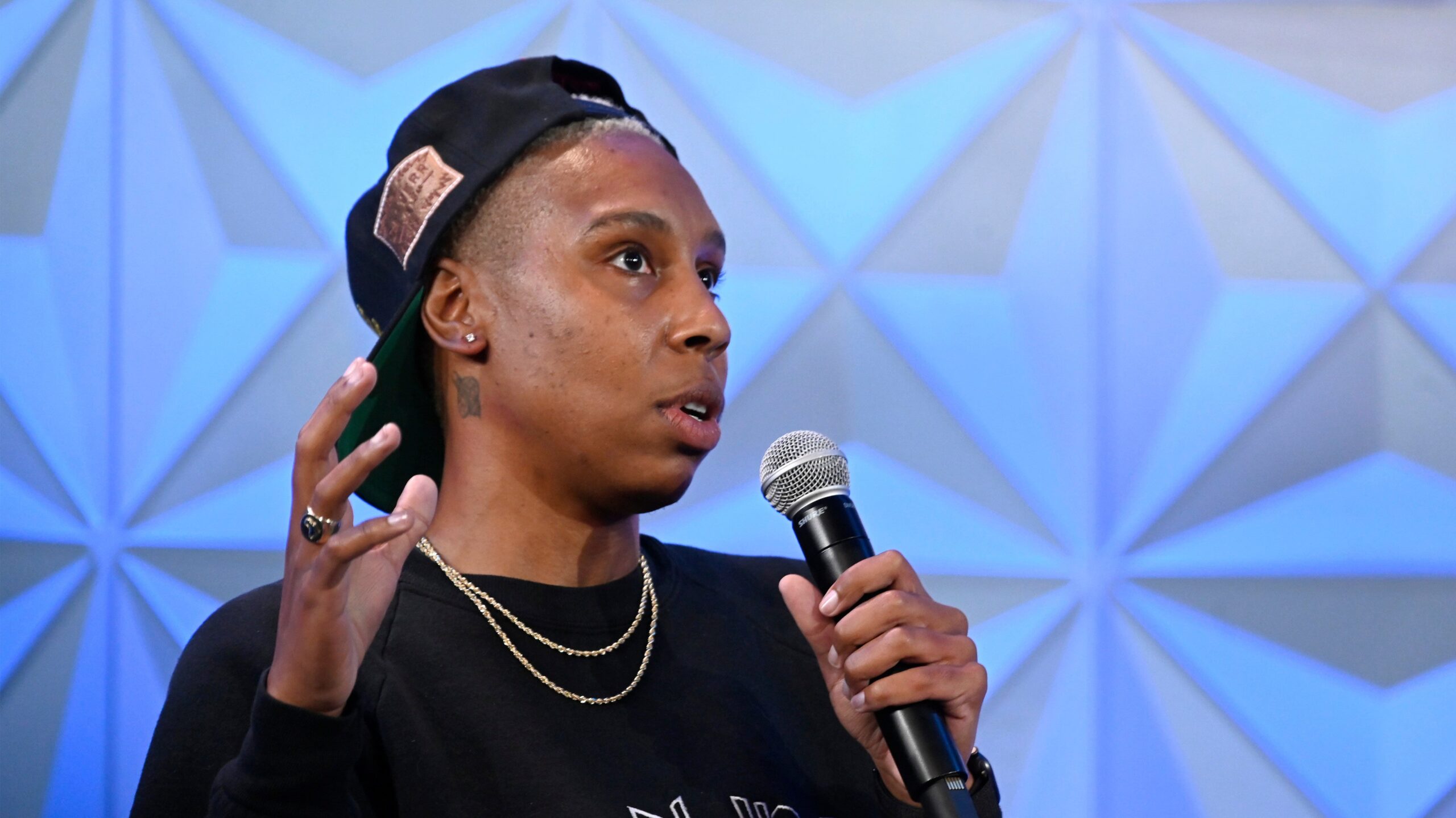See, what had happened was …
Lena Waithe came under fire after her June 21, 2019, New York Times interview, where she expressed her frustrations about the lack of black financiers supporting black-led narratives in film.
Suggested Reading
While on the surface, it seemed as if she was simply expressing her hope for more profit for black creatives, the quote where she mentioned Will Smith and Denzel Washington caused some major side-eye.
In case you need a refresher on the quote, Staff Writer Jay Connor reported it on Saturday:
“Wasn’t Denzel [Washington]. Wasn’t Will Smith,” she continued. “You won’t catch me making $20 million a movie and not paying for at least four or five independent movies a year. I do give credit to [director and producer] Ava [DuVernay] for trying to build something that hasn’t been built before, but that’s a lot on Ava’s back.”
She added, “I’m over here trying to build a community, and I don’t see other people doing it. I really do feel like there’s a way for us to change the movie business from the inside out, but we’re all in our own silos doing our own thing.”
And she’s right. It’s much easier to create change as a cohesive unit than working individually toward the same goal. But Waithe isn’t beyond critique herself, as the debacle surrounding Jason Mitchell—the former star of her show The Chi who was dropped due to sexual misconduct allegations—proved that there’s still much work to be done in protecting black women in Hollywood.
The general sentiment wishing for more opportunity is valid, but adding the “You won’t catch me making $20 million a movie and not paying for at least four or five independent movies a year” is what gave people pause. Many followers took to Twitter to defend Washington, specifically, who has certainly contributed to this conversation by adding his own producer credits to black-led films, as recently as Fences and the upcoming August Wilson adaptation for Ma Rainey’s Black Bottom.
I attended the BET Experience Genius Talks panel, where Waithe chatted with moderator Jemele Hill about her upcoming projects and what it was like to kiss Halle Berry on live television. While the panel had already been planned prior to this, Hill definitely had to address the Black Twitter elephant in the room, given the cosmic timing.
“Look, Will, Denzel, I have a relationship with both camps, no shade no tea, I was just texting with Jada—everybody’s fine,” Waithe confirmed at the panel after Hill noted that the “spin” on the interview was about her calling out the iconic actors. “But ultimately, I’m saying for anybody who has money [and is] black, I think should be held to finance at least one or two black filmmakers trying to make their first film. I just think it’s important because then what will happen is we’re keeping the well within our community.”
“I know that it is difficult to walk into a room of white financiers trying to explain why this particular black story should be told,” she continued.
As for what Waithe plans to do to make her own mark, she mentioned that she and Melina Matsoukas refused to make Queen & Slim without some black money invested in it, to make sure that the success of the film comes with black folks making money off the backend.
In her discussion, she likened it to the bittersweet feeling of seeing Moonlight win Best Picture at the 2017 Academy Awards, with director Barry Jenkins in the front, surrounded by a bunch of white producers (Note: Tarell Alvin McCraney has an executive producer credit in the film per IMDb). The optics were apparent. Additionally, she reiterated how she bought out theaters for the Toni Morrison: Pieces I Am documentary and plans to do the same for The Last Black Man in San Francisco. She also mentioned her goal to purchase a few condos so that she can provide free housing for industry hopefuls who live outside of Los Angeles; sort of like a residency to sufficiently prepare them for the workforce after a year of staying in the funded housing. We’ll be on the lookout for that announcement.
Overall, it would certainly be nice to see more black people not only being able to tell black stories but being able to profit from them, too. There are black folks who are certainly taking the steps to do so. What we need to focus on is working toward making sure we get the opportunity to continue to make these type of big moves. Money does, indeed, talk. Loudly.
Straight From 
Sign up for our free daily newsletter.


